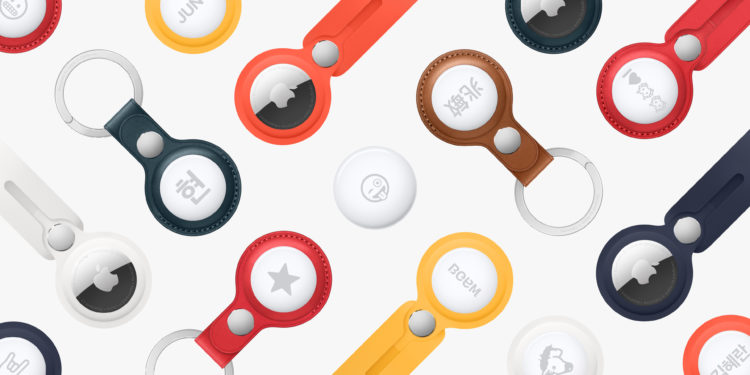FCC documents for Apple's newly released AirTags have now revealed that the Cupertino tech giant began regulatory testing and preparations for approval of the product nearly two years before the official announcement.
A series of documentsFiled with the Federal Communications Commission show that AirTag was tested for official certification between July and November 2019. Although the tests were conducted in mid-2019, the official reports for regulatory certification were not issued until September and October of last year. Like all consumer products, Apple devices must undergo extensive and rigorous testing with the FCC in the U.S. and regulators in the countries where the device will be sold before they can go on the market.
AirTags: Apple has postponed market launch by a year
What makes this case particularly interesting is that the AirTags have been the subject of rumors for two years, and a launch seemed imminent during that time. Since the FCC documents indicate that the AirTags were far enough along to undergo regulatory testing in 2019, this suggests that Apple did indeed push back the AirTags' launch by a year. While the exact reason for the delayed AirTags launch remains a mystery, an educated guess could be that the company wanted to build out its Find My network ahead of launch to avoid accusations of anti-competitive behavior. When rumors of AirTags' development began to emerge, alarm bells rang at Tile, which makes a number of similar item trackers, that certain features in iOS would make it harder to compete with the eventual Apple item tracker.
Did Apple want to avoid anti-competitive accusations?
At the time, companies like Tile didn't really have a platform or network on Apple devices that would make their item trackers mainstream or particularly easy to use compared to an Apple-made accessory. That changed earlier this month when Apple announced it would open up the Find My network to third-party accessory makers. AirTag is built on the Find My network, which consists of more than a billion Apple devices that use encrypted signals to track the location of other Find My-compatible devices and items. By opening the network to third-party makers before AirTags launched, Apple may have felt it would avoid scrutiny and anti-competitive accusations because its own item tracker on Apple devices would no longer have an advantage over those of other companies.
“Find My” network is very popular
Tile does not use Apple's Find My ecosystem and it's unclear if the company plans to use the network in the future. However, other companies like Belkin, VanMoof and Chipolo have announced plans to use the Find My network for their own products, including wireless earbuds, bikes and an item tracker. Looking for suitable AirTag cases? Then take a look at AmazonIn our AirTag list you will find the trackers and accessories from Apple and third-party suppliers - enjoy browsing. (Image: Apple)





